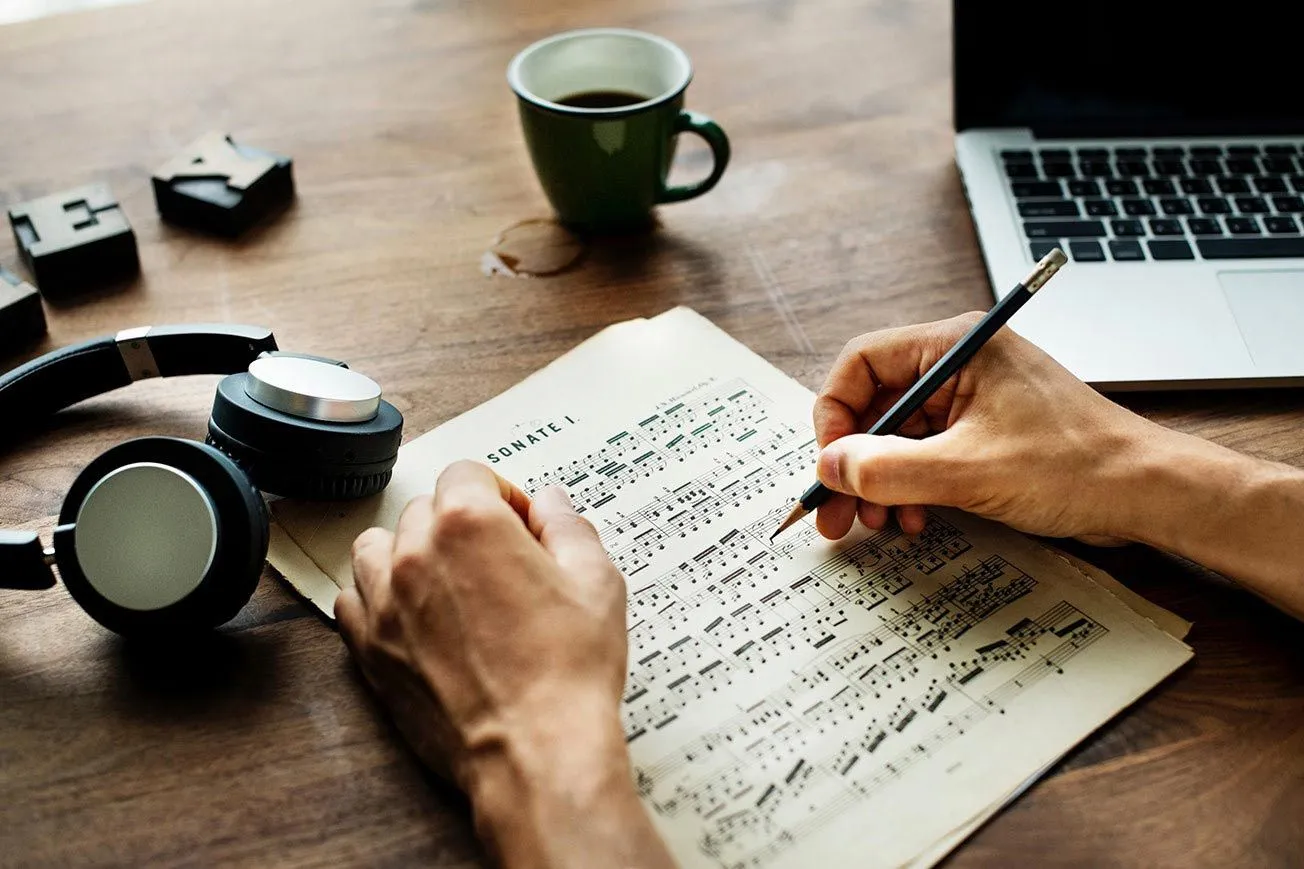Reading time: 4 minutes |
Preparation for the ABRSM Grade 7 Music Theory exam is a great step for students who want to further develop their knowledge of harmony, structure, and stylistic practices across various periods in the history of music. This grade acts as a link to more advanced concepts in Grade 8, building on everything that has gone before and introducing new challenges to hone both your analytical and compositional skills. In this article, I will talk about the main areas examined in Grade 7 and try to provide some insight into what can be expected from the questions.

Core Topics Covered in Grade 7
Grade 7 is a step further into chromatic harmony, ornamentation, and voice-leading technique. Here are the key areas that you need to familiarise yourself with:
- Extended Harmonic Vocabulary
- Recognition of all diatonic secondary seventh chords and their inversions.
- Introduction to the Neapolitan sixth and the diminished seventh chords, essential tools for chromatic modulation and expressive writing.
- Familiarity with figured bass used in the Baroque time to indicate harmonies above a bass line, continuing the focus on historical practices.
- Voice-leading and Part-writing Techniques
- Expect questions on inner voice movement, with tasks requiring deeper understanding of harmonic analysis.
- Suspensions and melodic decoration (like passing notes and appoggiaturas) are introduced to encourage more nuanced writing.
- Melodic and Harmonic Completion
- A task will ask you to complete a passage for solo instrument with keyboard accompaniment.
- Alternatively, you may choose to compose a melody based on a given progression or figure.
Exam Format and Question Types
It’s also about thinking harmonically and technically, yet being able to think creatively, analyze scores with precision, etc. Here’s what to expect:
- Figuring the Bass:
- You’ll be asked to figure the bass in a passage where the melody and bass are provided. This tests your grasp of harmony and part-writing.
- Melodic Decoration:
- A given passage may need rewriting to include appropriate suspensions or other types of melodic embellishments.
- Completion of a Melody or Accompaniment:
- You’ll either extend a given melody for a specific instrument or complete a solo part over a full keyboard accompaniment.
- Score Reading and Analysis:
- The exam includes questions on two short extracts of music, one is normally a chamber score and the other orchestral. You’ll need to identify harmonic structures, ornaments, phrase structures, and stylistic features.
Preparing for Success
Success in Grade 7 requires a firm grasp of the harmonic principles covered in the earlier grades, and the ability to apply the new concepts creatively. Here are a few tips for effective preparation:
- Master Key Chords: Focus on practising the Neapolitan sixth and diminished seventh chords in various contexts. These will become key tools not only for this exam but also for Grade 8 and beyond.
- Practise Modulation: Get comfortable with identifying and using chromatic chords for smooth modulations between distant keys.
- Work on Score Analysis: Study scores from composers of the Classical and Baroque periods to familiarise yourself with typical ornamentation and harmonic structures.
- Develop Your Writing Skills: Regular practice in part-writing and melodic completion will make you more comfortable with the exam tasks.
Final Thoughts
The Grade 7 Music Theory exam gives a unique opportunity to explore deeply musical techniques that have shaped the course of Western music. From chromatic harmony to stylistic analysis, the knowledge gained at this level forms a sound basis for advanced work at Grade 8 and beyond. With thorough preparation and an alert eye for musical detail, students are able to develop the skills they need for success in this examination—and in their wider musical endeavours.
Take a deep breath and dive into this challenge with curiosity and grit! The knowledge you pick up from here will not only prove helpful in the exam itself, but even develop in you a deeper appreciation of music-the richness and complexity of it all. If you’re looking for personalised guidance to help master this material, I offer personal one-to-one lessons, so you just get in touch any time.


